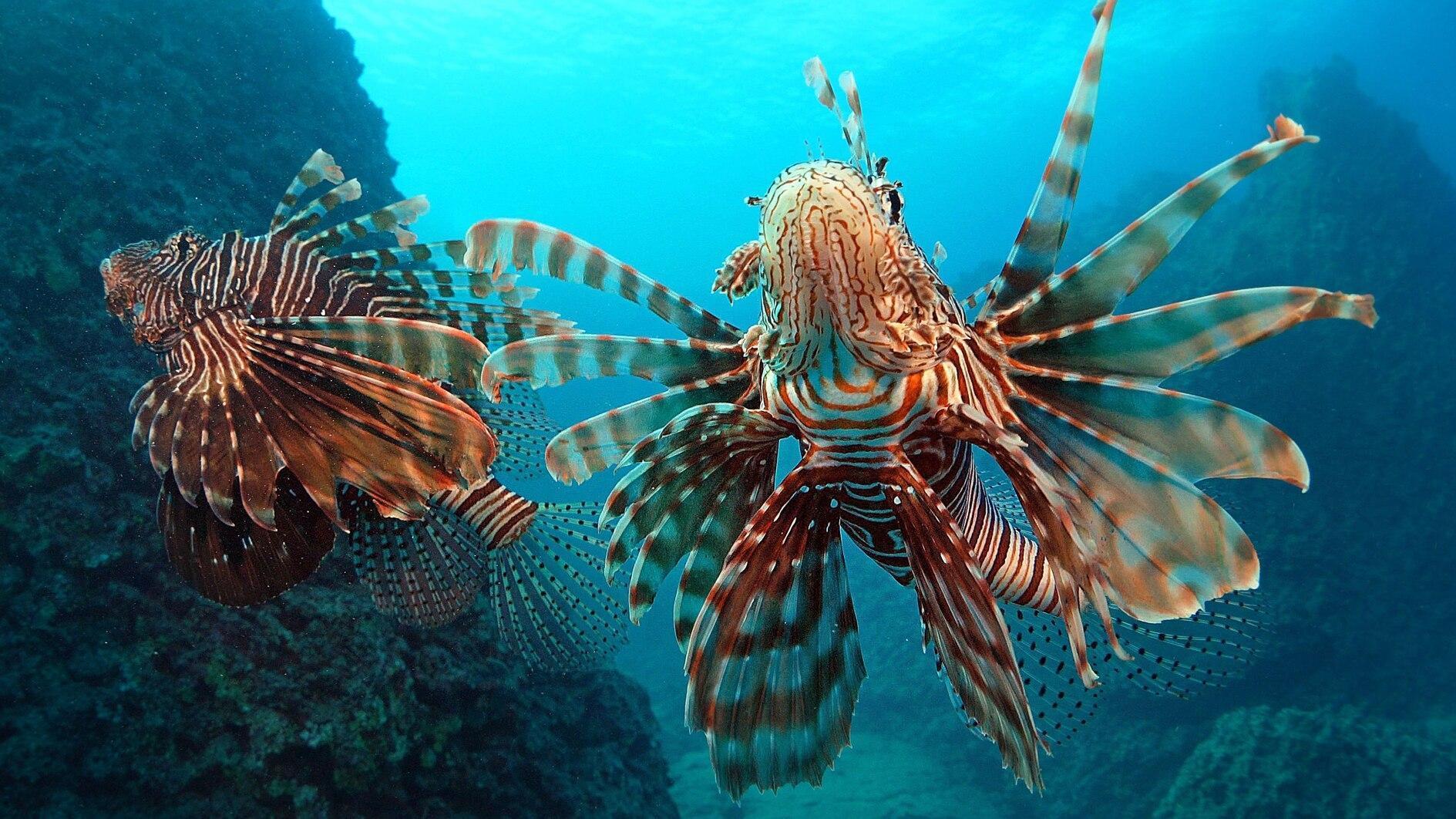
A six-year joint project aimed at combating the spread of invasive alien species in Türkiye’s seas has concluded with encouraging outcomes, showing a notable increase in native marine species and a decrease in the presence of invaders.
Conducted by the country’s nature conservation and national parks body, DKMP, in collaboration with the United Nations Development Programme (UNDP), the project focused on the effects of invasive species, their distribution areas and pressures on the ecosystem across four pilot regions.
The initiative identified 539 non-native marine species, 105 of which are classified as invasive. These species are unevenly distributed, with the Mediterranean Sea containing the highest number at 413, followed by the Aegean Sea with 253, the Marmara Sea with 124 and the Black Sea with 28.
The project manager, environmental engineer Mehmet Gölge, emphasized that coordinated fieldwork in pilot areas helped reduce the density of invasive species while allowing native species to reclaim territory.
In Hatay’s Samandağ, the pilot region for the Mediterranean, for instance, the biomass of native species per square meter more than doubled from 2021 to 2024.
Similarly, the Marmara region saw the native species’ habitat coverage grow from 6.2 percent to 17 percent significantly over the same period.
The project also demonstrated the effectiveness of targeted removal efforts, particularly in the Black Sea, where regular removal of an invasive whelk led to rapid recolonization by native species.
Efforts in the Aegean included protecting seagrass meadows from the encroaching invasive green grape algae, Gölge noted.
Hatice Bediz Şen, head of the invasive alien species unit at DKMP, underlined that management plans specific to the four pilot areas have been developed and implemented at the end of the project.
Subsequently, a draft regulation on the prevention and control of invasive species has also been submitted to the relevant legal authorities.